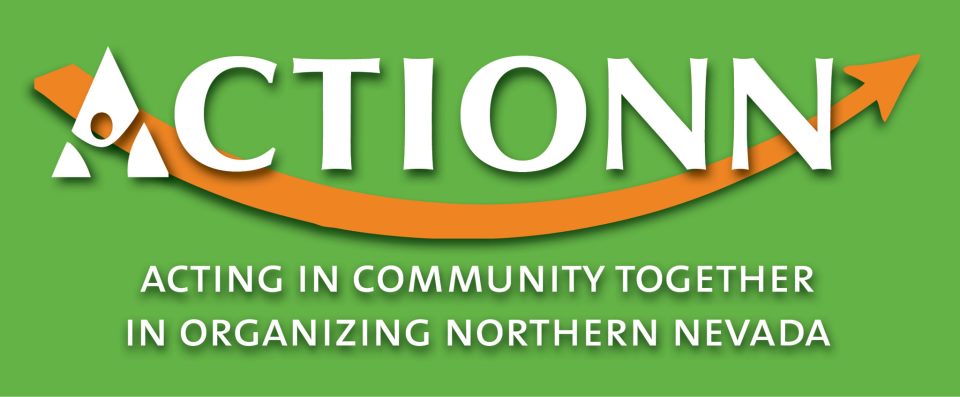I want to
speak to you about why immigration reform is a justice issue.
In the
Bible, there are many expressions of concern for the stranger, for the
foreigner. For example, after the
children of Israel had been delivered from bondage in the land of Egypt, the
Lord commanded them, “thou shalt not oppress a stranger: for ye know the heart of a stranger,
seeing ye were strangers in the land of Egypt” (Exodus 23:9). In other words, they were reminded that
they should remember what it was like to be a stranger, an outsider. They were reminded to remember what it
was like to be vulnerable and defenseless, lacking in social influence, and far
from family and friends. They were
to remember this and to treat strangers with fairness and consideration.
It is often
said that America is a nation of immigrants. Almost all of us can trace our roots to immigrant
ancestors. In my own case, my
parents came to this country as refugees from Cuba. They arrived in dire circumstances and had to struggle to
make a new life for themselves and their children. Other Americans can trace their roots
to ancestors who fled from religious persecution in France, from famine in
Ireland, from pogroms in Russia, or from the enclosure movement in the
highlands of Scotland. Every new
calamity has brought a wave of immigrants to our shores.
Today people leave their places of birth and migrate for
the same reasons our ancestors did—to be safe, to meet their needs for food and
shelter, and to better their lives. Violence, environmental change, and
economic conditions often motivate immigration. Armed conflicts, violence
against women, ethnic cleansing, and genocide are some of the acts of violence
that drive people to migrate. Environmental conditions that have led to
migration include droughts, floods, radiation and toxic pollution.
Economic factors are currently the primary driving force
underlying immigration worldwide.
Undocumented immigrants are often denied the civil rights
protections of citizens, paid less than citizens, and labor in unsafe and
unhealthy conditions. In the United States, increased border security has
forced immigrants into dangerous border crossings where basic human needs such
as drinking water are ignored.
Undocumented immigrants and their families live in constant
fear of deportation. This fear affects access to educational opportunities,
health care, and police protection. When deportation occurs, the result is
destroyed dreams and broken families—partners separated and children taken away
from their caregivers or forced to return to a place they do not know.
Unfortunately,
after a generation or two, most Americans forget the hardships and suffering of
their ancestors. They no longer
can say that they “know the heart of a stranger.” They view each group of new arrivals with suspicion,
distrust, and resentment. In some
cases, they express that resentment by passing laws that bear down harshly on
the stranger, the immigrant. The
Bible warns against this practice: “Ye shall have one manner of law, as well for the
stranger, as for one of your own country: for I am the Lord your God” (Leviticus 24:22).
Let me be
clear. Most Americans are
fair-minded. They would not attack
or rob or cheat someone just because he was an immigrant. But some sins are social in
nature. Some injustices are deeply
imbedded in the laws and customs of the society in which we live. When we give our tacit approval to
unfair laws, when we fail to struggle valiantly against these injustices, we
become complicit in the sins of our country and our generation.
That is why
I believe that immigration reform is a matter of fundamental justice
Thank you
and may God bless you for your efforts.


No comments:
Post a Comment